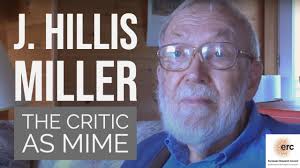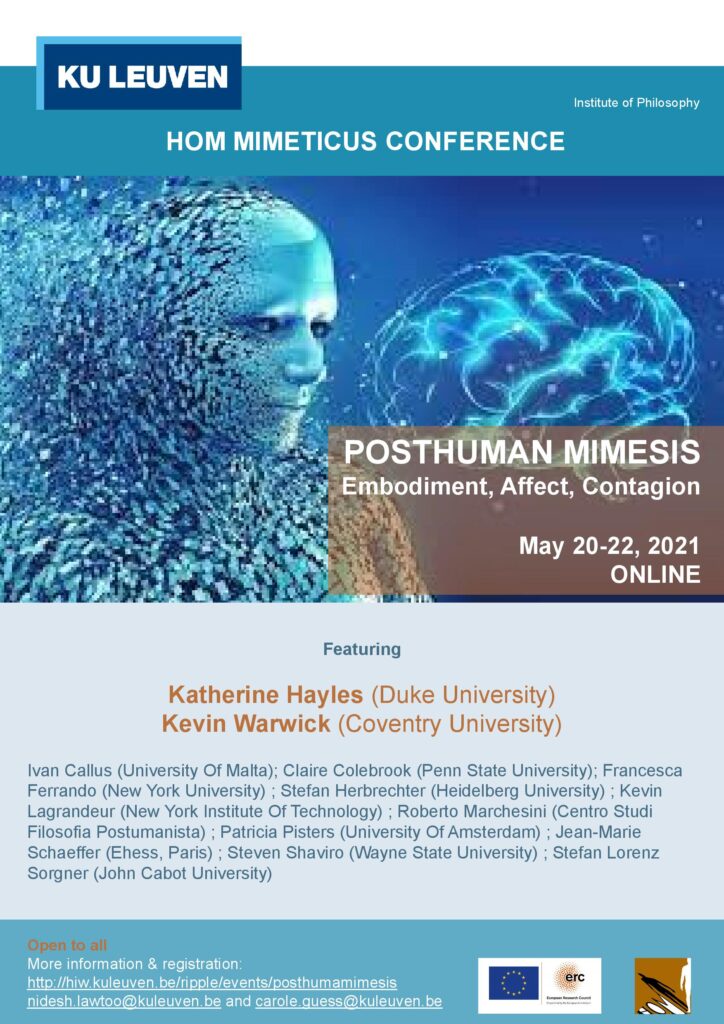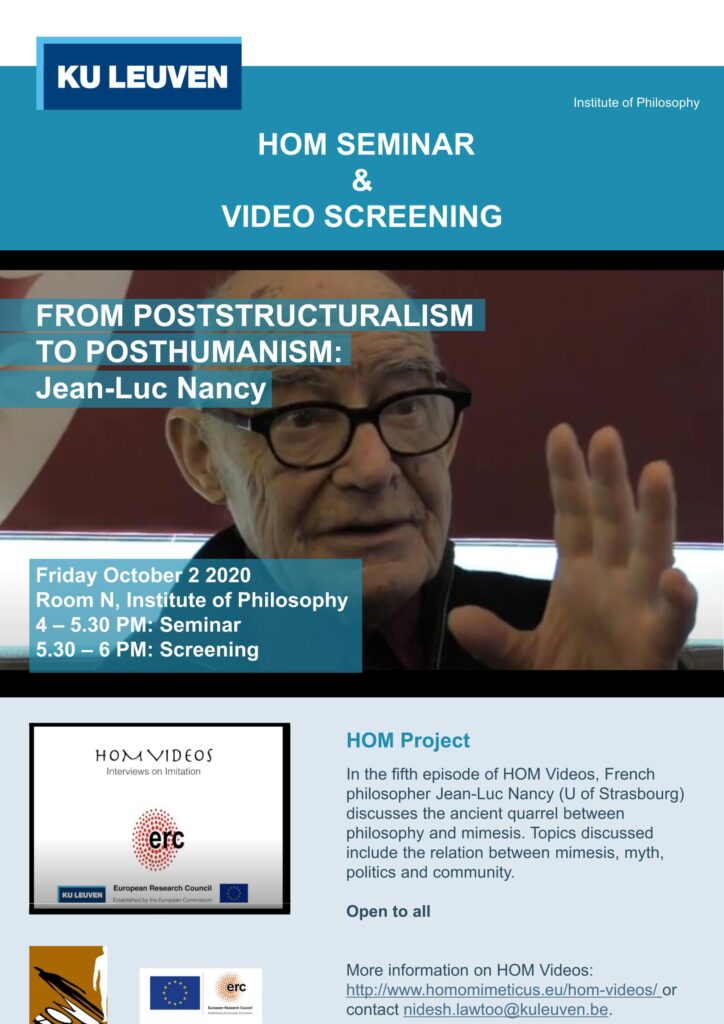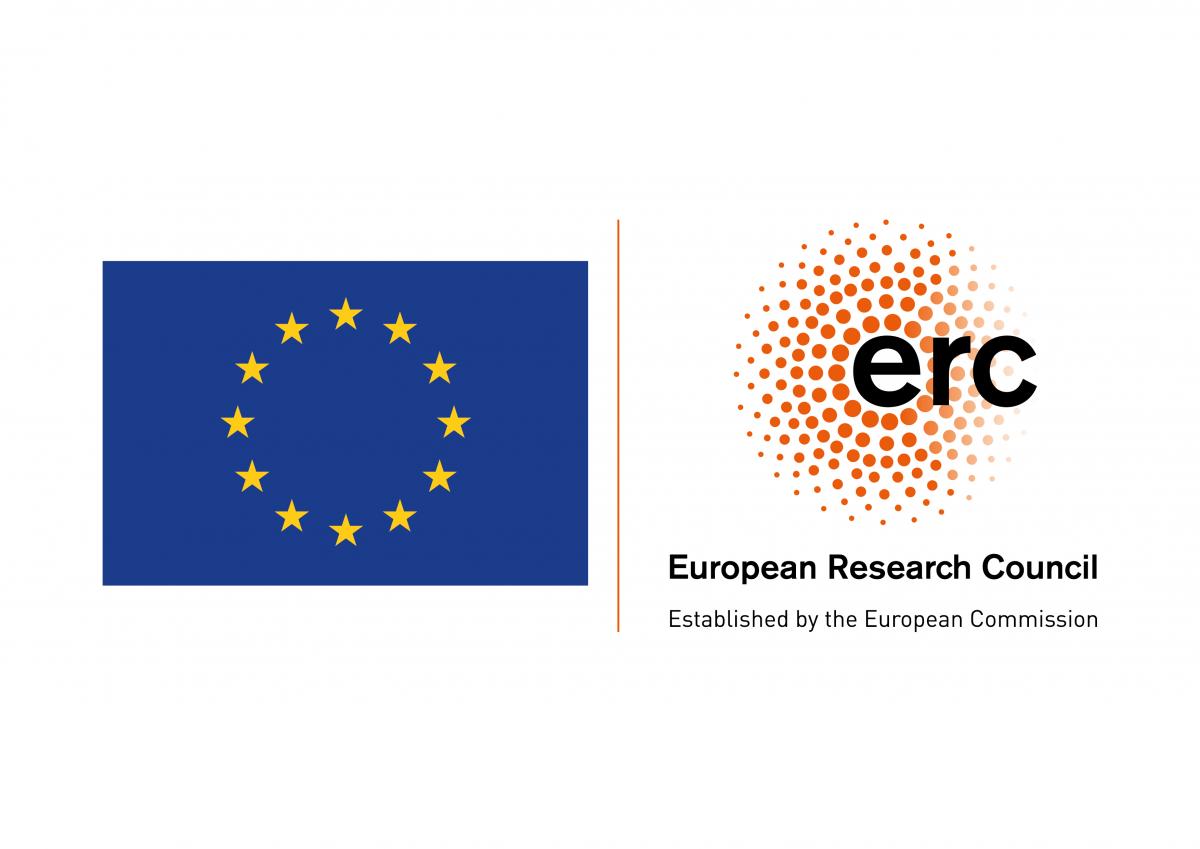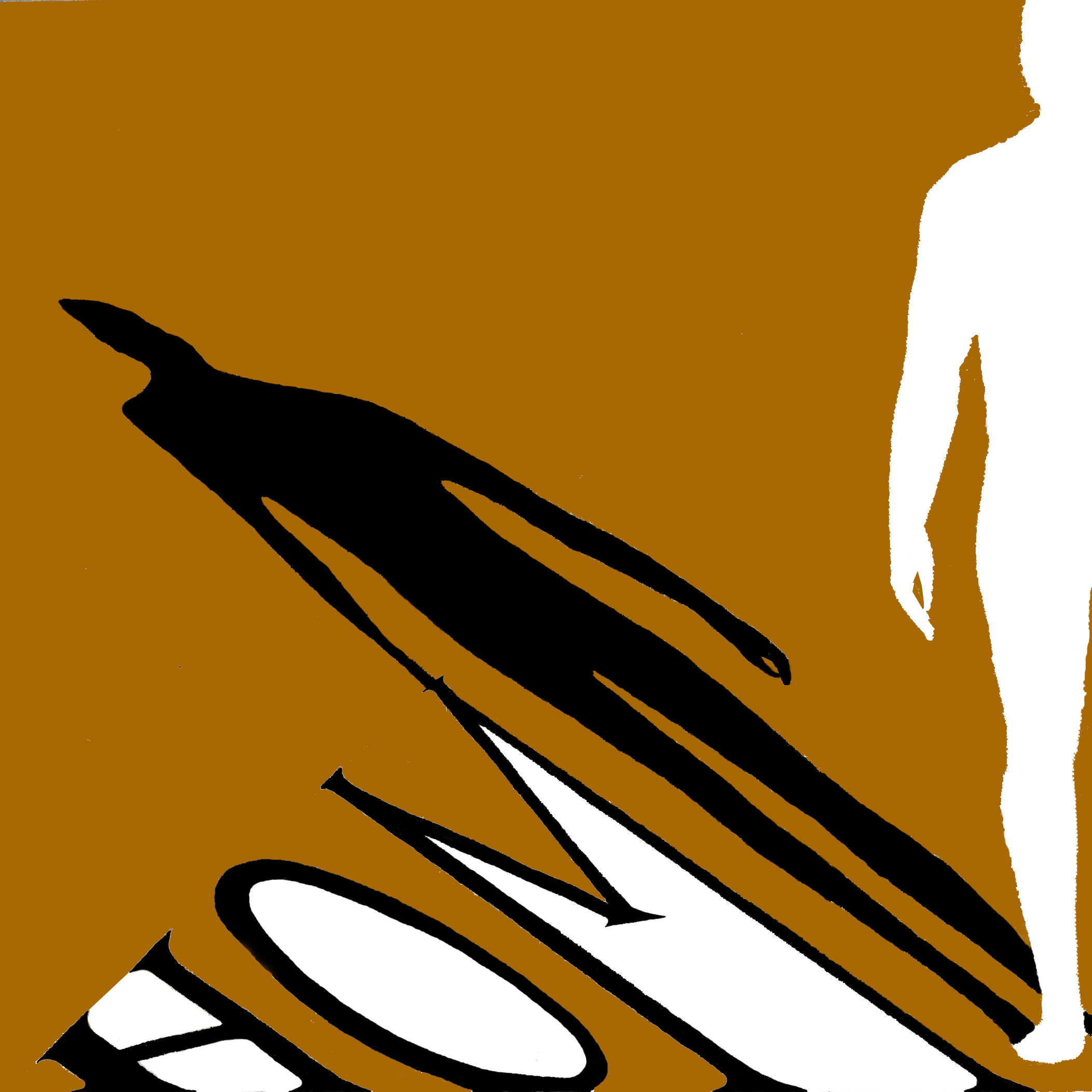
How could a mimetic crowd go so easily from a conspiracy theory to a (new) fascist insurrection? In this piece for TCC Nidesh Lawtoo argues that what is surprising is not that the crowd hit the U.S. Capitol like a wave, but that no one in power saw this announced wave coming. If it is still unclear how (hyper)mimesis goes from conspiracy theory to (new) fascist actions, find out more here. Versione intervista in italiano per il CdT (con Carlo Silini): L’Assalto al Campidoglio.For related events on the importance to counter (new) fascism see also, Settima Lettera on Freud, Fascism, & Myth (March-June 2021); New Fascism & the Mimetic Unconscious (KU Leuven, Marc 24 ) New Fascisms, New Resistances (U Beragmo, 22-23 April)

